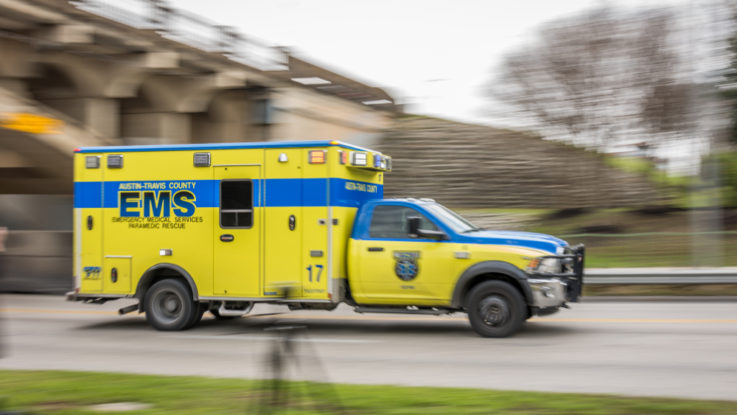
The City of Austin, Texas, in a public-private partnership, has developed a VR training platform which features two mass virtual reality training programs for EMT technicians. The programs focus on infrequent events where large numbers of injured people require significant attention.
Mass casualty training is expensive and difficult to schedule, yet EMTs are required to train at least once a year for these types of events. The logistical problems of creating the training in the real world – along with pandemic restrictions – have made VR training all the more necessary.
“A first responder will get trained on these skills and then not respond to a disaster for a number of years. A just in time VR training allows us to refresh those skills quickly, without needing the physical equipment or set-up,” said Commander Keith Noble, of Austin-Travis County Emergency Medical Services (ATCEMS). “We can do the training at the station, or at home, and can repeat the training over and over. For first responders, it’s not an option to postpone training. We have to be ready to respond to a crisis, no matter what. This technology is a good fit for today’s environment where we’re doing everything virtually. It’s safe and it’s effective.”
ATCEMS and the city’s Communication and Technology Management department worked with local startup, Augmented Training Systems, to create the platform.
“The platform allows you to track training and accuracy of performance. It also introduces elements of gamification and repetition, both of which help with knowledge retention and skill recall,” Augmented Training Systems President Scott Smith said.
City officials state that testing during the development of the virtual reality training showed a higher recall of skills and mission-critical tasks, a reduction in errors, and a decrease in the time it took to complete a task for trainees who took the virtual training versus those that took just in-person training.
The platform was funded by a grant from US Ignite.